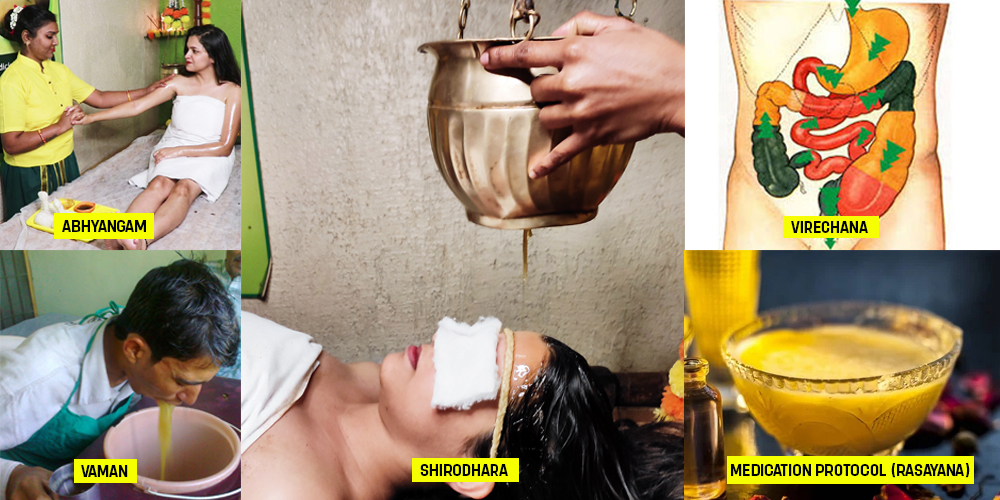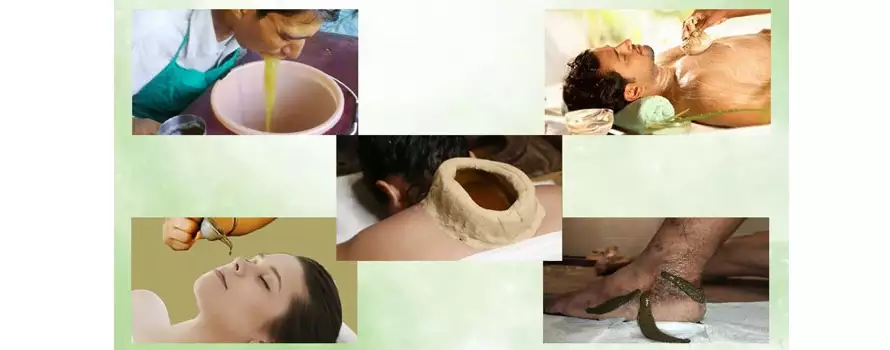What is Gastritis?
Gastritis is one of the most prevalent gastrointestinal issues we see in our practice. A variety of phrases, including gastric, peptic trouble, chest burn, acid peptic condition, acid belching, etc., are used to describe gastritis.
When the inner lining of the stomach is eroded or injured by acid produced in excess in the stomach, or by any other inflammatory food, it results in gastritis or an inflamed lining.
Causative factors:
The following are listed as the causes of gastroenteritis by modern medicine:
- Due to infection by Helicobacter pylori
- Stress, some medications like NSAIDs
- Bile reflux
- Pernicious anaemia
- Chronic vomiting
- Overconsumption of alcohol
According to Ayurveda, the Pitta dosha imbalance is the primary Nidana (cause) of the condition:
- Foods and practices that aggravate the Pitta dosha.
- Spicy foods (Vidahi anna)
- Incompatible foods combination (Viruddha Sahara)
- Consumption of acidic and overly salty meals (Atiamla & Atilavana foods)
- Amla pitta can also result from anxiety, discontentment, jealousy, fury, rush, etc.
Symptoms:
- Acid belching (eructation)
- Regurgitation of food or sour substances
- Burning sensation in the chest
- Gaseous distension of the abdomen
- Inadequate digestion, prickling in the chest
- Headache, hiccups
- Tiredness/fatigue, tastelessness
If gastritis is diagnosed as a chronic illness, there may be additional symptoms:
- Irregular bowel habit
- Pricking pain in the shoulder and back
- Severe burning sensation, hunger, and exhaustion (especially in the legs)
- Neuritis
- Numbness, backache
- Mouth ulcer
Occasional:
- Constipation
- Severe backache
- Loss of deep sleep (irregular sleep)
- Loss of concentration
- Loss of memory (gradual)
Ayurveda and Gastritis
Severe gastritis is referred to as a “Urdhvaga amla pitta roga” in Ayurveda. This primarily results from the aggravated pitta dosha or metabolic imbalance. Gastritis is brought on by improper eating practices that alter the fire in the stomach, leading it to create more toxins or acid and secrete more digestive enzymes.
Using antacids and other medications to lower stomach acid is the typical modern medical treatment for gastritis. These medicines will aid with symptom relief and healing. Your doctor will prescribe medications for gastritis brought on by Helicobacter pylori. The Pitta-pacifying diet and cooling herbal treatments are used in gastritis Ayurvedic treatment to reduce inflamed bodily energies and restore digestive fire. Ayurvedic stress management techniques have also been shown to be successful in treating this problem.
Ayurveda suggests nutrition planning, daily routines, yoga that includes asana, pranayama, and meditation, as well as a full Panchakarma (detoxification), or “complete cleansing.” The Panchakarma programme will assist you in getting rid of impurities from your body and improves rejuvenation treatments and metabolism.

Ayurvedic Treatment for Severe Gastritis
Gastritis Ayurvedic Treatment using Panchakarma:
- Abhyanga – Depending on the person’s condition, it entails applying herbs or a mixture of drugs to the entire body or the affected part. For difficulties with gastritis, whole-body massages using Chandana and Lakshadi oils are especially advised. This boosts immunity and guards against gastritis.
- Vamana – It entails giving patients medicinal herbs to make them throw up. One of the Panchakarma therapies is Vamana. This procedure helps to cleanse the stomach by removing all poisons from it. Additionally, it removes surplus Kapha from the body.
- Virechana – In order to promote purgation in patients with gastritis, herbs or a herbal and ayurvedic medicine combination may be used. It enhances digestion by removing extra amla and mucus from the GI tract.
- Medication Protocol (Rasayana) – The damaged muscle tissues are healed using a combination of medicinal herbs, particular diets, and tonics in particular dosages to promote the body’s natural healing process.
- Shirodhara – Pouring warm, medicinal oil onto the forehead to reduce tension and promote physical and mental calm


